Publications
Articles, publications, books, tools and multimedia features from the U.S. Institute of Peace provide the latest news, analysis, research findings, practitioner guides and reports, all related to the conflict zones and issues that are at the center of the Institute’s work to prevent and reduce violent conflict.
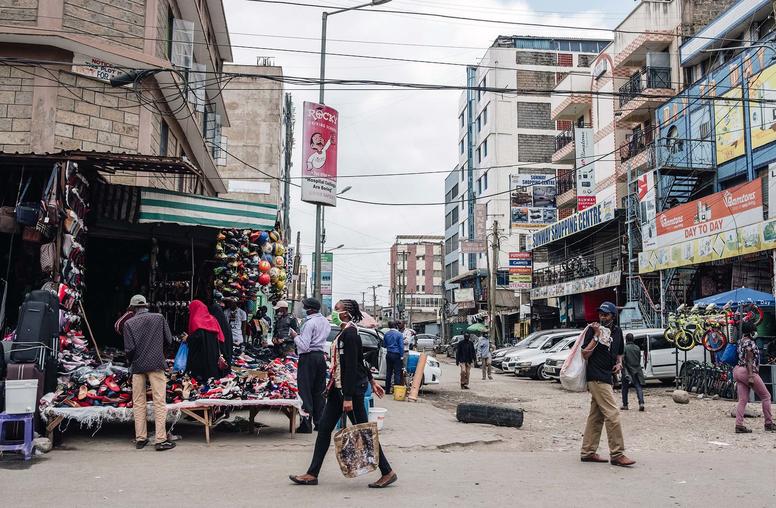
A New U.S. Approach to Help Fragile States Amid COVID-Driven Economic Crisis
The global economy is projected to rebound from the effects of COVID-19 in 2021, but the world’s most fragile states may not share in the upswing. Saddled with economic collapse and soaring debt, developing economies are likely to be left further behind after shrinking about 5 percent last year, according to World Bank estimates. As a result, over 55 million people could be plunged deeper into poverty, fueling social and political grievances and increasing the risks of instability.
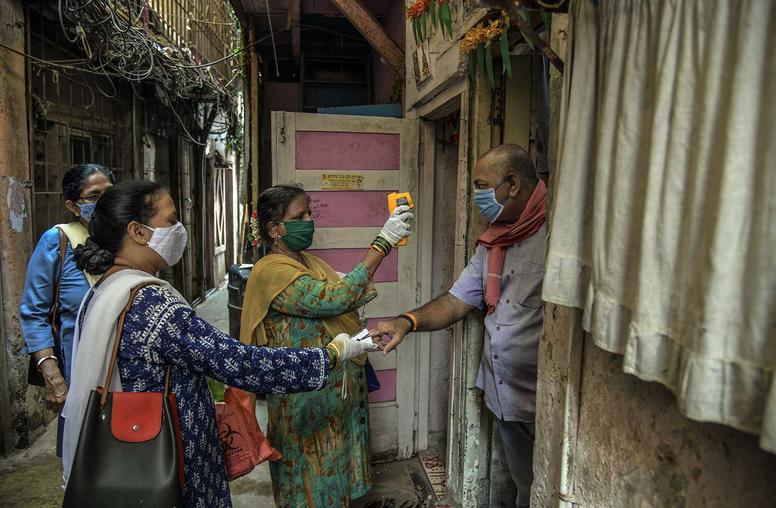
Can India Escape its Devastating Second COVID Wave?
India’s second wave of COVID has quickly turned into one of the worst outbreaks in the world. Since early March, official cases and deaths have skyrocketed, recently breaking world records on an almost daily basis. Meanwhile, Indian officials are warning the country’s health care system cannot keep up with the deluge of patients as supplies run thin, exposing India’s ailing health infrastructure. USIP’s Tamanna Salikuddin and Vikram Singh look at the origins of India’s second wave, its far-reaching consequences in the global fight against COVID and what the international community can and should do to help India weather the storm.
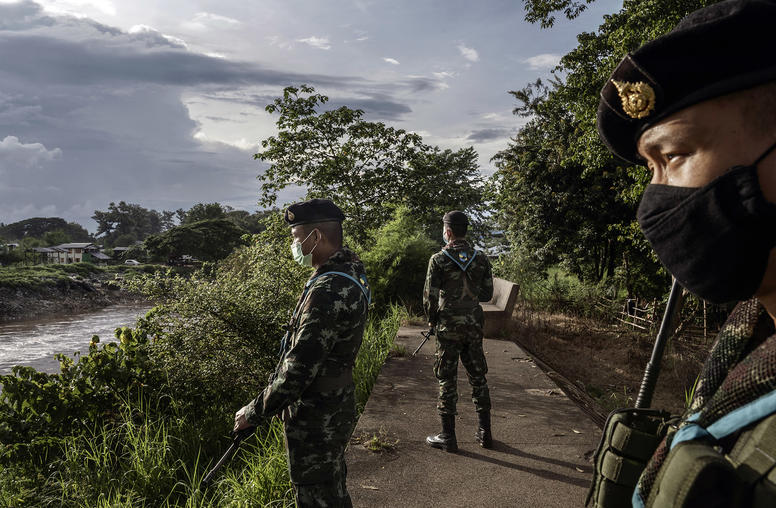
Three Priorities for U.S.-Thailand Cooperation in Myanmar
Secretary of State Antony Blinken was forced to cut short his first trip to Southeast Asia this week, scrapping plans to meet with Thai officials due to COVID-19 concerns. That talks with Thailand, specifically, were put on hold is an unfortunate development. Because while Blinken’s agenda for the trip was wide-ranging, the crisis in Myanmar was at the top of his list. And with a nearly 1500-mile border and close ties with Myanmar’s military junta, Thailand has the greatest stake in Myanmar’s future among ASEAN countries. As the world discusses a strategy for addressing the crisis in Myanmar, Thailand’s potential influence — especially with respect to humanitarian access — could prove consequential.
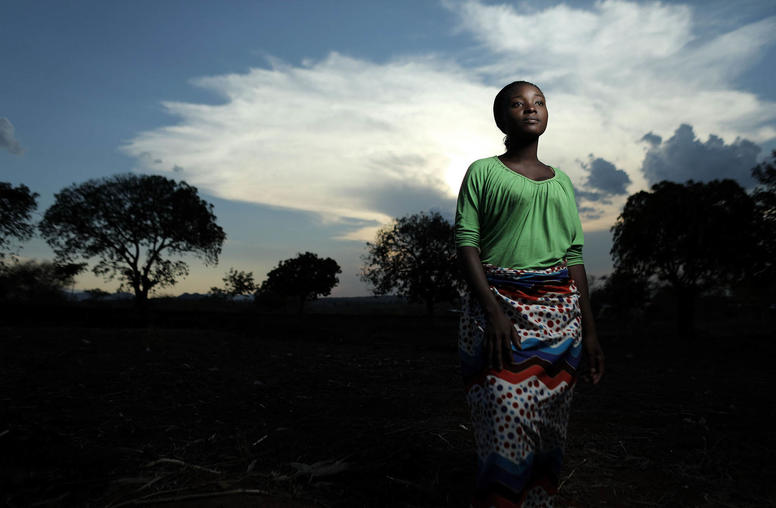
PEPFAR’s Profound Legacy 20 Years On
This year marks the 20th anniversary of the President’s Emergency Plan for Aids Relief (PEPFAR), the George W. Bush administration’s landmark global health initiative. When Bush announced the initiative during his 2003 State of the Union address, approximately 30 million Africans were infected with HIV/AIDs and had almost no access to treatment. Twenty years later, PEPFAR is estimated to have saved 25 million lives and is credited for helping turn the tide on the global HIV pandemic.
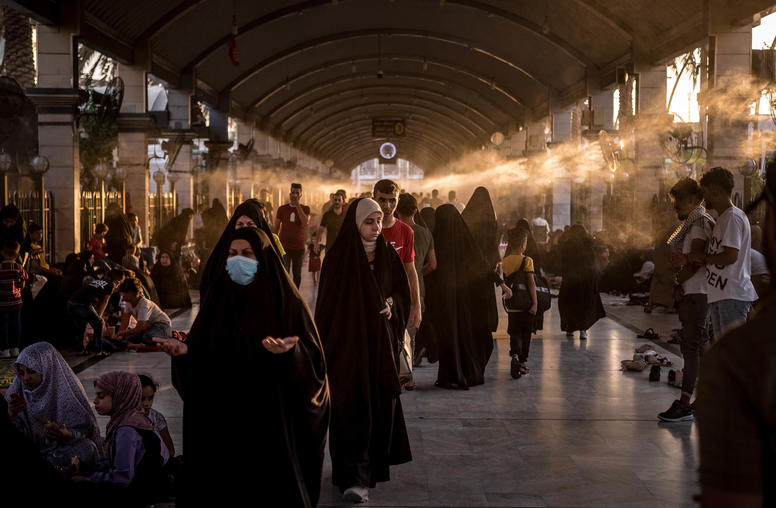
Can Arab States Bounce Back from COVID and Climates Crises?
More than two years into the pandemic, Arab states continue to struggle with the economic and social impacts of COVID-19. Meanwhile, climate change is devastating the region — and its governments are ill-equipped to address massive problems like water scarcity and scorching temperatures. Even before COVID, much of the region was wracked by conflict, embroiled in social tension, suffering from lagging economies and witnessing growing disquiet over the unrealized aspirations of the Arab uprisings. These challenges are detailed in the U.N. Development Programme’s recently released 2022 Arab Human Development Report, which also lays out a path for an “inclusive and resilient recovery.”
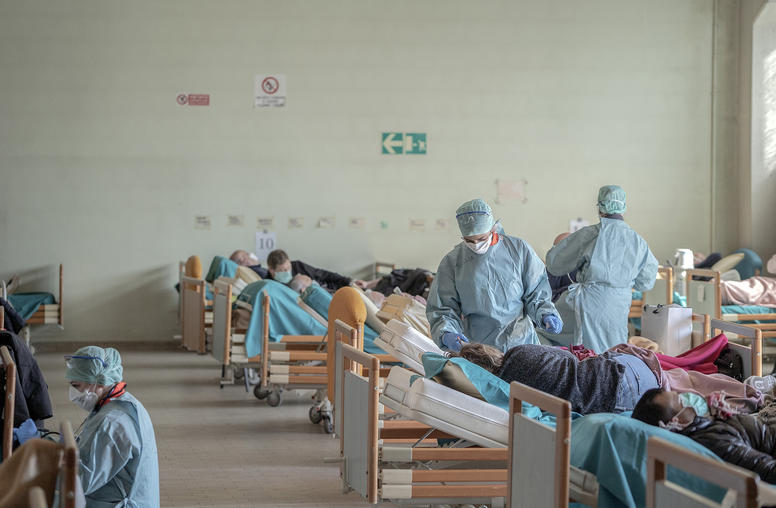
Amid Global Coronavirus Outbreak, What About Refugees?
With COVID-19 officially labelled a global pandemic, the focus for many countries has turned toward protecting their most vulnerable populations. But what about camps for refugees and internally displaced persons (IDPs)? Many camps lack the resources to maintain their already poor infrastructure, and the threat of a COVID-19 outbreak puts millions of displaced persons in a dangerous position. USIP’s Fouad Pervez looks at the unique risks that COVID-19 poses to refugees and IDPs, the impact an outbreak among these groups would have on the global pandemic, and what the international community can do to protect them.
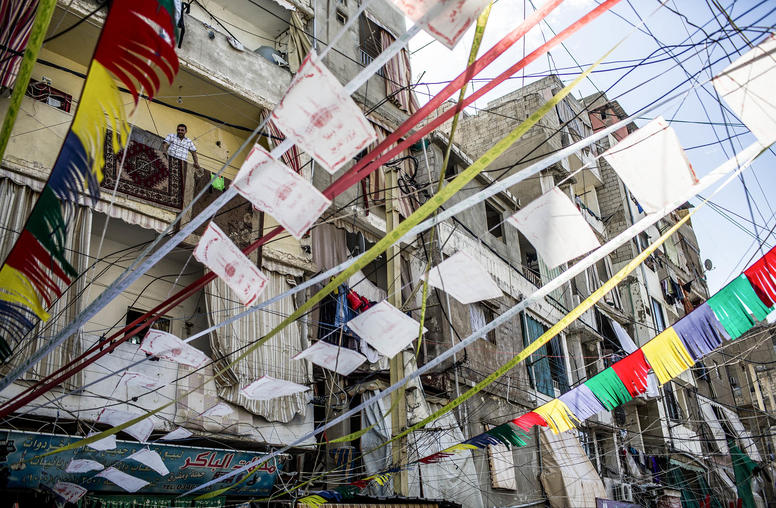
Why the Middle East is Especially Vulnerable to Coronavirus Crisis
As the world grapples with the dangerous and evolving coronavirus pandemic, the impact on the most vulnerable populations—the homeless, prison populations, and the impoverished—cannot be overestimated. In the Middle East, a region already ravaged by conflict and suffering from inadequate services and poor governance, the novel coronavirus could have untold consequences. Refugees and internally displaced people (IDPs) in the region are among the most at risk. Mitigating the impacts of the coronavirus, technically known as COVID-19, on this population will be critical to stanching the spread of the pandemic.
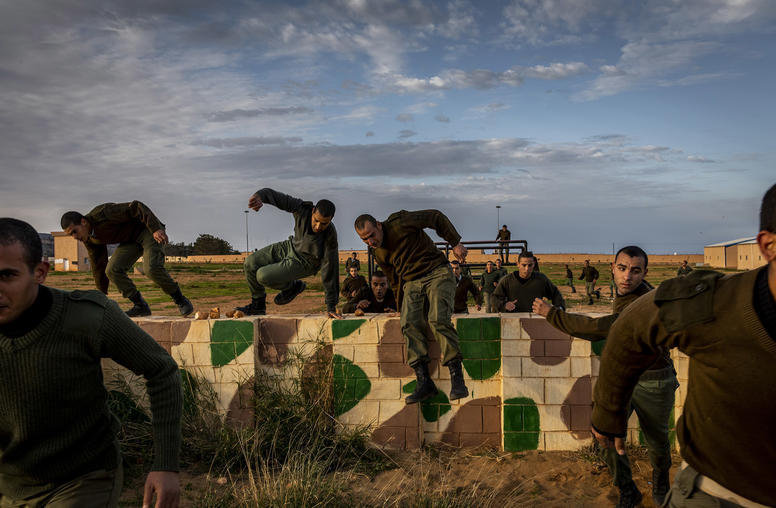
From Foreign Interference to Failed Diplomacy, Libya’s Conflict Drags On
Back in November 2019, the foreign minister of Libya’s U.N.-backed Government of National Accord (GNA), Mohammed Syala, told USIP that the key to ending Libya’s civil war was the cessation of foreign involvement. Yet, despite international efforts, foreign interference—from Turkey to the UAE, from Russia to European states—has only deepened. What’s next for Libya’s civil war and how can the U.N. and European Union (EU) play a constructive role in bringing the conflict to a close? USIP’s Nate Wilson and Thomas Hill discuss the EU’s effort to enforce an arms embargo, the impact of the conflict on Libyan society, Turkey’s involvement in Libya and more.
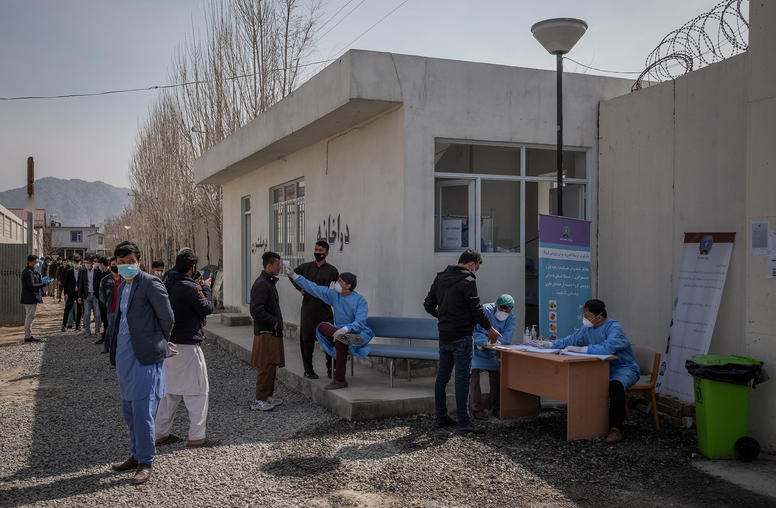
Coronavirus Poses Yet Another Challenge to the Afghan Peace Process
The Afghan peace process has been at a stalemate for weeks, as President Ashraf Ghani and the Taliban remain far apart on the logistics of prisoner releases. Intra-Afghan talks that were tentatively scheduled for March 10 have not got off the ground. Meanwhile, the disputed presidential election has led to two rival camps claiming the legitimacy to govern. U.S. Secretary of State Mike Pompeo’s effort this week to bring the parties together failed and led the U.S. to reduce aid to Afghanistan. Amid all this uncertainty, Afghanistan is beginning to see the signs of a coronavirus outbreak, which could devastate the country given its poor health infrastructure and pollution problems. USIP’s Scott Smith explains how the coronavirus could further exacerbates an already complex situation.
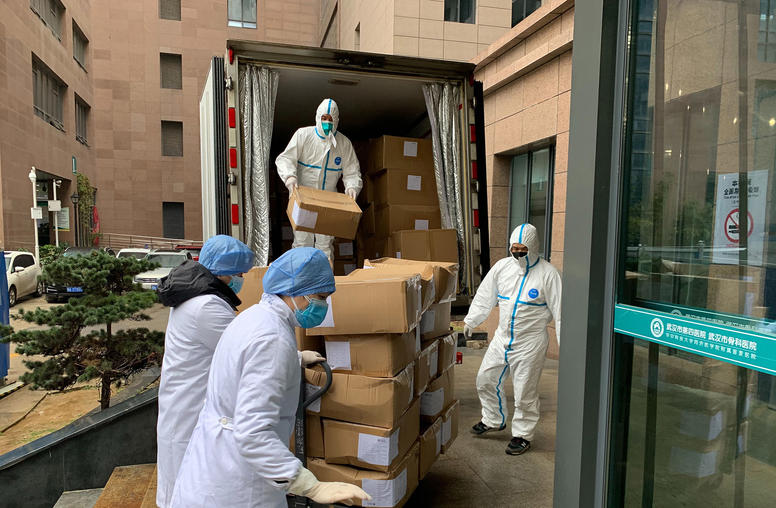
Coronavirus Crisis: U.S.-China Media War Couldn’t Come at a Worse Time
China’s move to expel U.S. journalists from the country last week comes at a time of great need for accurate information about COVID-19. The move is part of a broader Chinese effort to control the global narrative about the pandemic and is especially dangerous right now—as cracking down on foreign media further undermines trust in China’s ability to respond to the pandemic with transparency.